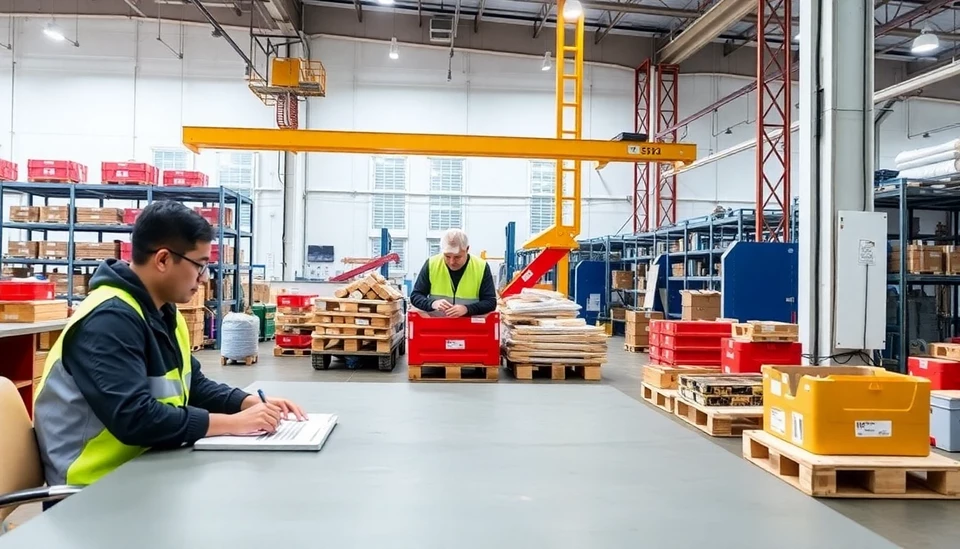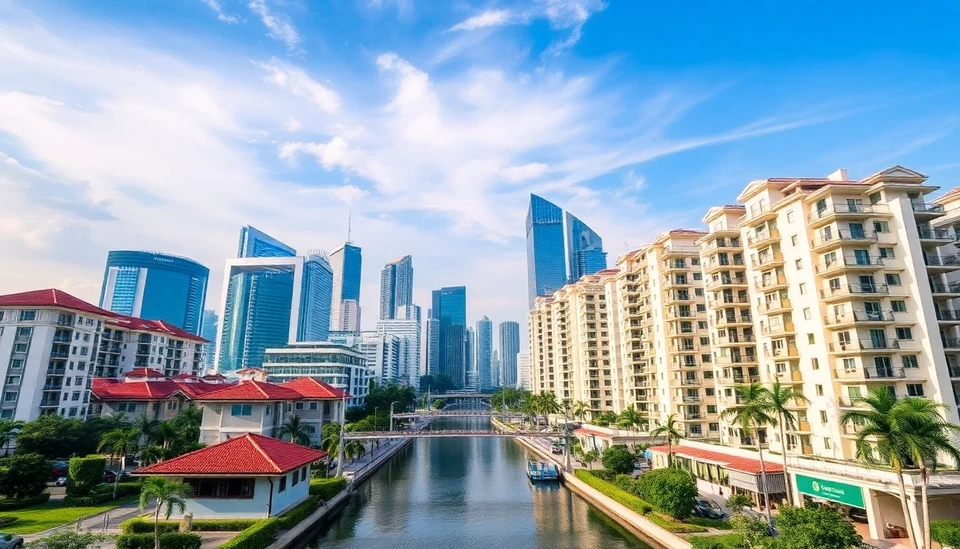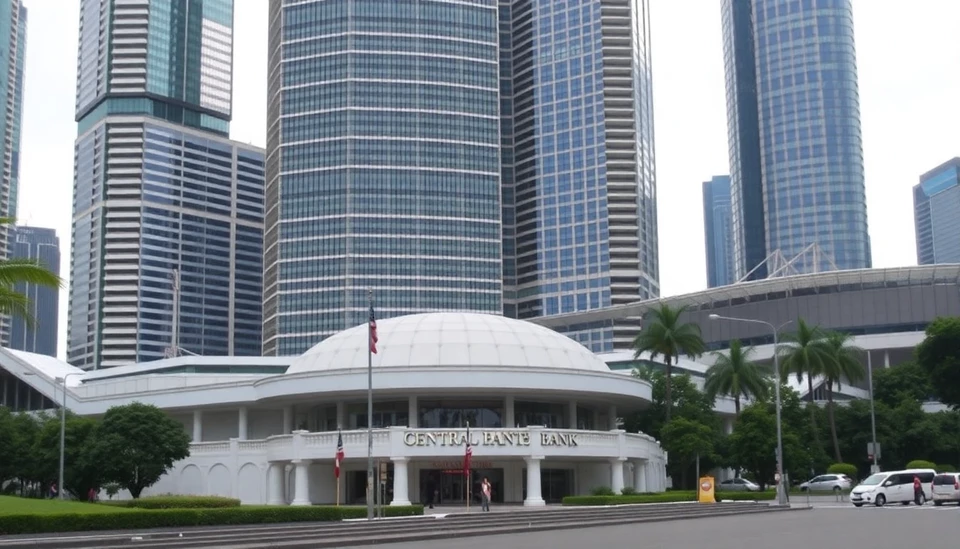
Singapore has recently reported a significant decline in its core inflation rate, reaching the weakest pace seen in almost three years. This latest data, released by the Monetary Authority of Singapore (MAS), highlights the country’s ongoing struggle with escalating living costs, albeit showing signs of relief as inflation cools down.
In October 2024, Singapore's core inflation rate dropped to 2.1% on a year-on-year basis, a stark contrast to the 2.6% recorded in September 2024. This marks a notable decrease, as it is the lowest core inflation rate the city-state has experienced since January 2022. The core inflation metric, which excludes the prices of private road transport and accommodation, is a crucial indicator for assessing underlying price pressures in the economy.
Overall inflation in Singapore also mirrored this downward trend, falling to 3.1% in October, compared to 3.4% in the previous month. The MAS has indicated that the easing in inflation can be attributed to several factors, including stabilizing food prices and a slowdown in global supply chain issues. Additionally, consumer sentiment appears to have improved, as households begin to adjust better to the price changes evident in recent times.
The central bank remains vigilant about future inflationary pressures, particularly in light of potential increases in global commodity prices and the looming effects of geopolitical tensions. However, analysts suggest that the recent trend suggests a moderate approach, and there are expectations of further easing in inflation rates over the coming months.
It is noteworthy that the decline in inflation offers a window for the MAS to consider a less aggressive monetary policy stance moving forward. This shift could potentially support economic growth while maintaining stability in the financial markets.
Overall, Singapore’s latest inflation figures reflect a positive turn in the economic landscape, indicating that the measures previously implemented by the central bank and government are beginning to bear fruit. Still, officials will likely remain cautious as external and internal economic conditions continue to evolve.
As stakeholders navigate this changing environment, the need for continued focus on price stability and sustainable growth remains at the forefront of economic policymaking in Singapore.
#Singapore #Inflation #Economy #CoreInflation #EconomicPolicy #MAS #CostOfLiving #FinancialStability #ConsumerPrices
Author: Rachel Greene




